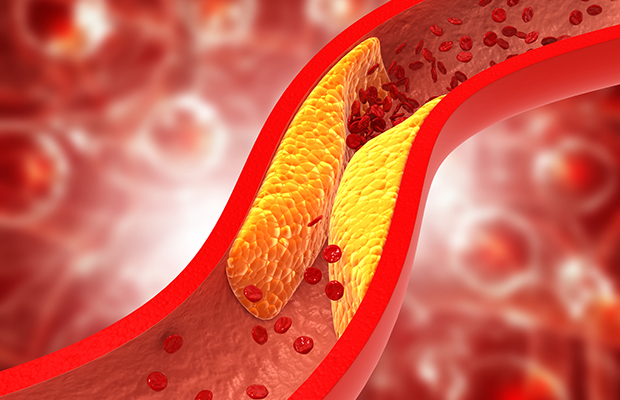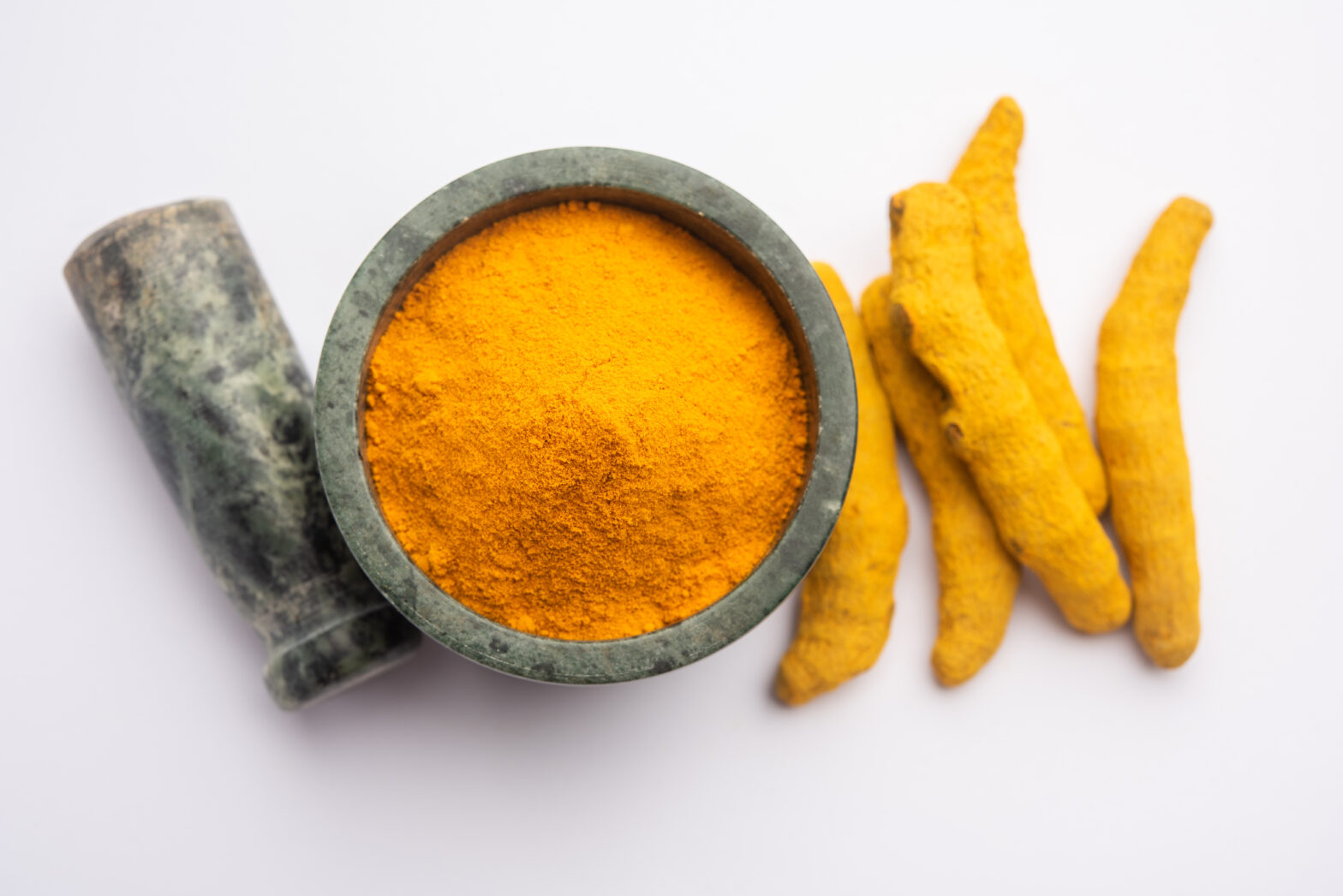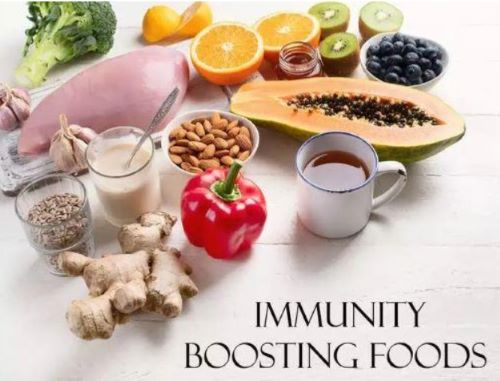A Hyper cholesterolemia ( high cholesterol ) is not a disease. It is a condition or sign that indicates something bigger is happening inside your body. You just need to pay a little attention to your lifestyle to bring it down easily to normal levels in Ayurveda. Ayurvedic texts do not specifically mention cholesterol by its name. Mentions of keeping Meda Dhatu (lipid tissue) healthy in quantity and quality instead, this is how to maintain the lipid tissue in the body. The Doshas and tissue (Dhatu) are maintained in their normal quantity, quality, and functionality by metabolic processes. Metabolites that are not assimilated by the body tissues will be produced when in abnormal states as a result of various physical and emotional factors. Ama (toxins) is the end product of such metabolic activity. According to Ayurveda, bad cholesterol is caused by Ama found in fat tissue. Ama – the by-product of improper digestion can obstruct body passageways, such as arteries. It spreads throughout the body when it is present for a very long time and is not eliminated from the system. Ama can mix with the Dhatus and the Malas (waste products). It also damages the body’s channels when it mixes with fat tissue, which can result in issues like high cholesterol, heart disease, stroke, and high blood pressure. According to Ayurveda, Ama is the root cause of all metabolic diseases. Once formed, it has the potential to obstruct metabolic pathways and cause diseases. One such product that results from metabolic weakening in humans is cholesterol. Pitta people have more tendency to get high cholesterol, high triglycerides and fatty liver because of their body make up. Managing cholesterol When you hear the word “cholesterol,” the first thought would be to cut down fats completely from your diet. But, do you really have to do it? Absolutely not! Our body produces and synthesizes up to 80% of the cholesterol we have, not the fat in our diet. (Less than 8% comes from consumed food.) You can consume good fats, like fish, eggs and ghee without any worries as you try to manage your cholesterol levels. Good fats help improve digestion, help break down food and also ease the digestive process in stomach, liver and intestine. Here are few things that you can follow to manage high cholesterol: Completely avoid any kind of processed foods. Never have any food that comes in a packet with more than five ingredients. Use garlic in plenty Do not have extremely spicy or sour foods in your diet. Make sure you walk at least 30 mins every day And the very important step – manage your stress levels! If you are struggling with any health issues, you can either book a consultation with us or send us a message via WhatsApp to +91 79074 89839. We have the best Ayurvedic doctors in Trivandrum who are always glad to help you. If you have any queries, contact us. You can also visit us at our hospital.
Cholesterol Managing with Ayurveda









